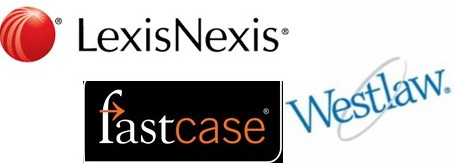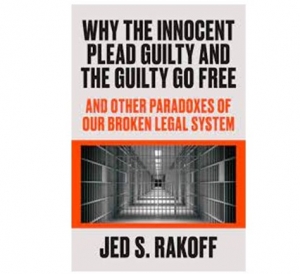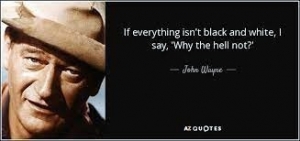The One Word to Keep Negotiation Going
How do you react when your negotiating opponent says something completely outlandish? Some negotiators walk out. Some blow up, screaming invective. Some stoop to insult. In short, they do everything but negotiate.
Keep negotiating
You can’t reach a negotiated settlement if you’re not negotiating. Sometimes you must react to the nonsense you have just been offered. But how to respond when you are actually biting your tongue?
Wow.
There it is. The single word that keeps you non-committal.

The injured person has spent 20 minutes weepily telling a tale of woe. You may believe the person has problems, but they are unrelated to the cause of action under discussion. Your respectful response: wow.Opposing counsel has just literally laid on the table proof that your side has concealed evidence for more than a year and lied about it in discovery responses. You know you need to round up your team and figure out what has been going on. Your dispassionate response: wow.
Defendant insists that their personnel were nowhere near the alleged incident at the critical time. You have just uncovered video footage that shows this is false, but you are not quite ready to disclose this. Your calm response: wow.
Wow Works Wonders
A startling, emotional, or angry statement could tempt you to respond in kind. But ratcheting up the emotion index can interfere with the parties’ ability to keep things in perspective. While others around you are heating up, staying cool as you observe the dynamic keeps you in control. Wow.









